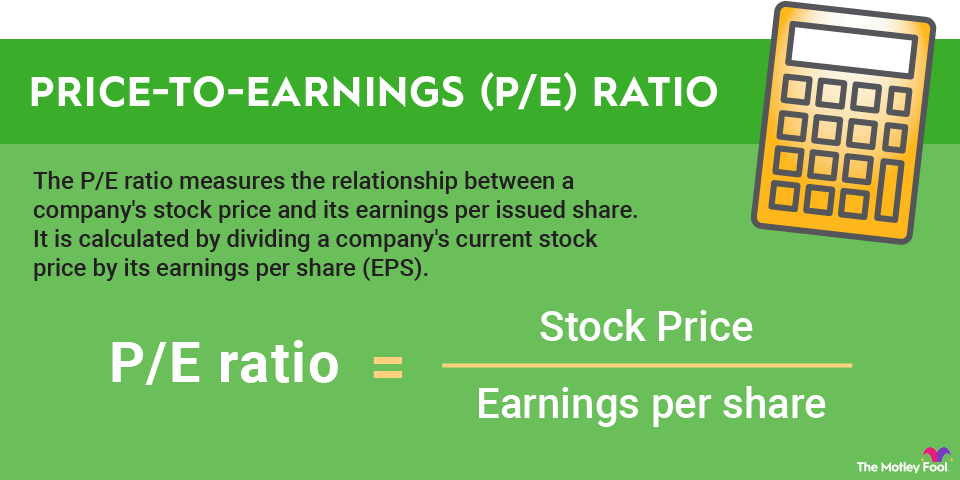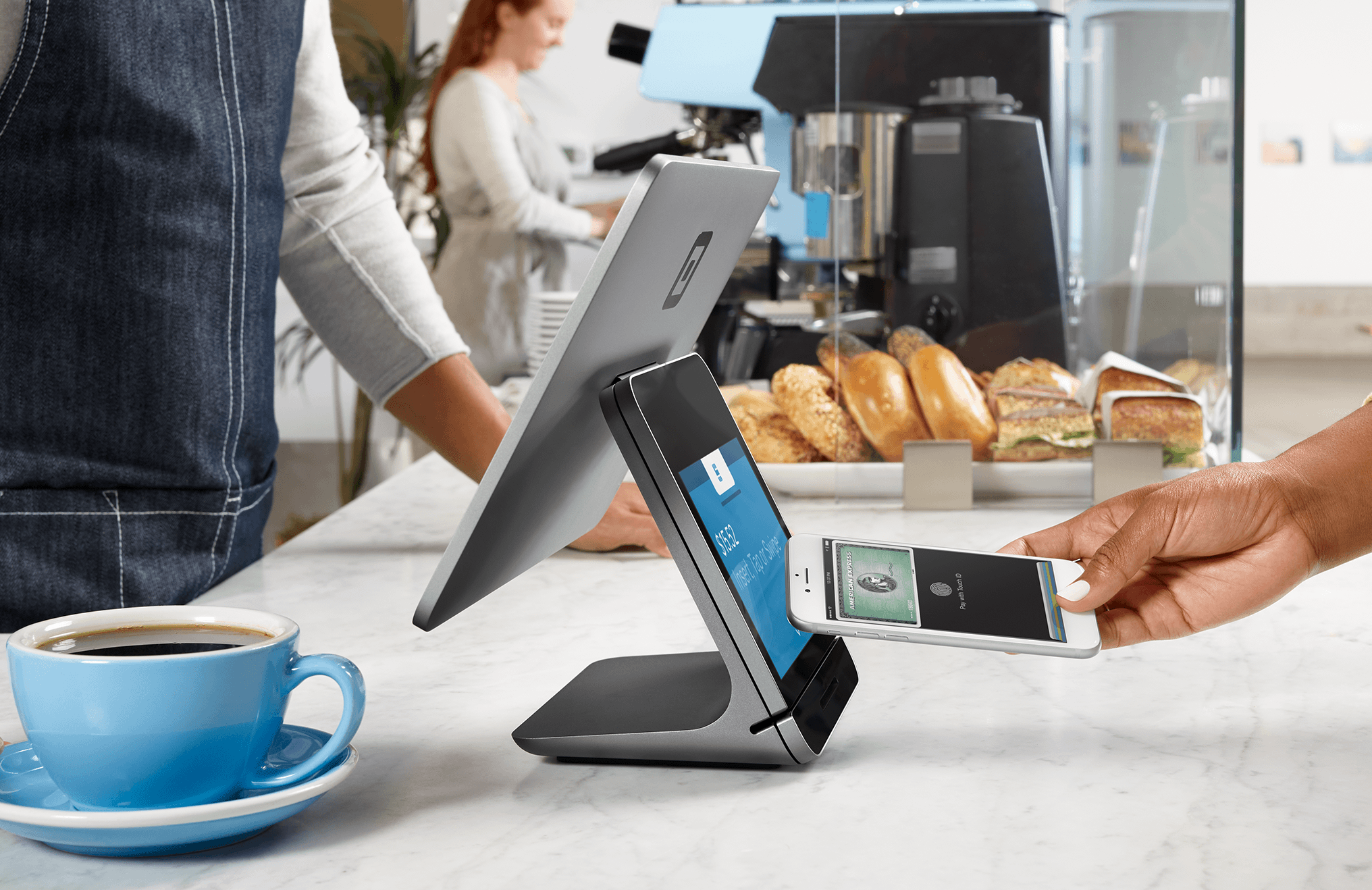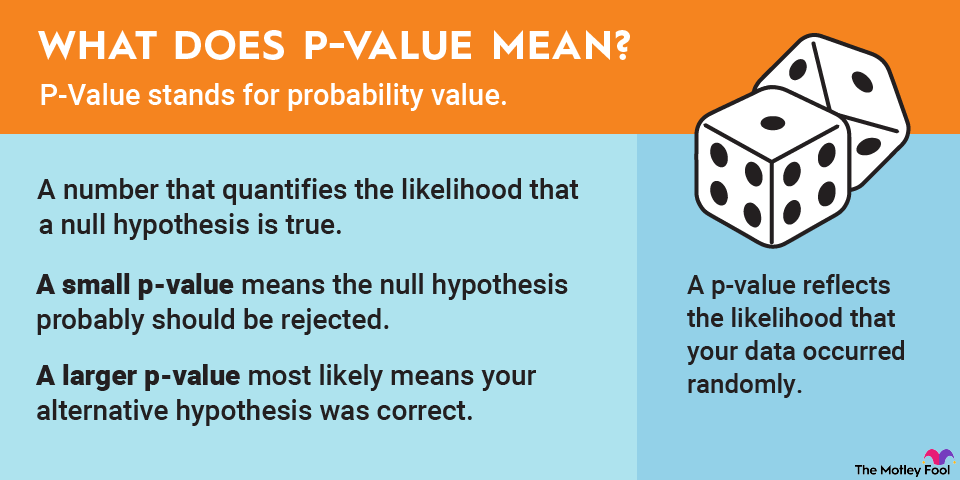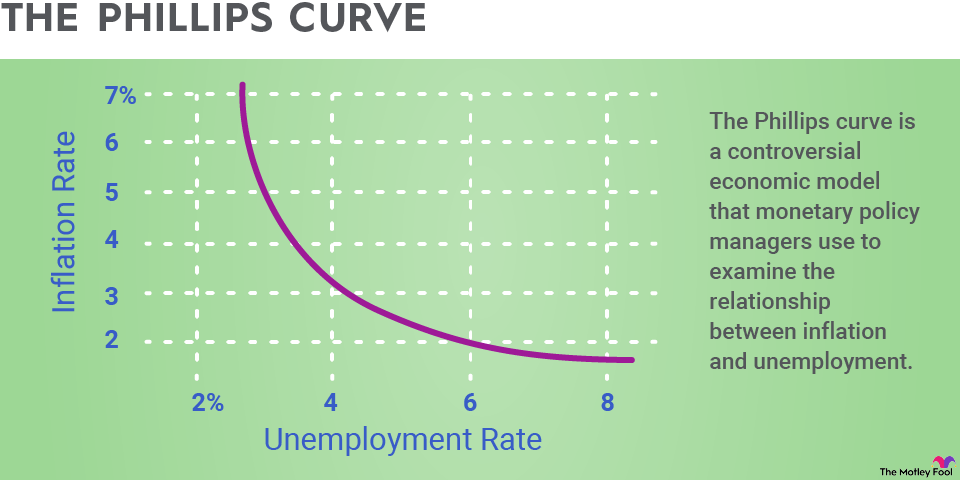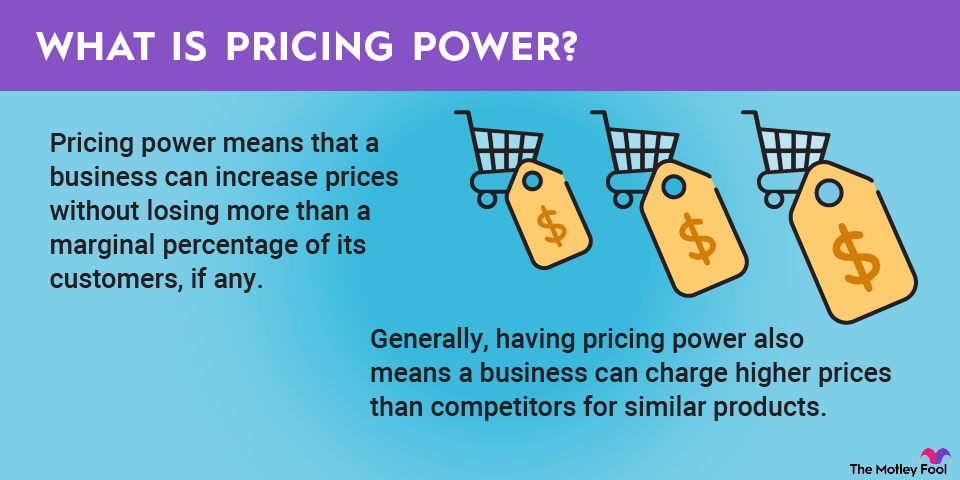Some cryptocurrencies are designed with privacy protection in mind. The digital transaction ledgers are still published on the open internet and available to anyone, but a privacy coin can shield the identity and balance of each wallet on the blockchain.
What are privacy coins?
Sometimes a cryptocurrency user wants qualities you’d usually find in a standard currency like the U.S. dollar. For example, cash transactions are hard to track even if you have the serial number of each bill that was used. In situations where this anonymity is desirable or even required, you could achieve a similar effect by using a privacy coin.

The three most private cryptos
1. Monero
The largest and most well-known privacy coin is Monero (XMR +0.96%). The fundamental blockchain technology behind Monero is a heavily edited version of Bitcoin by way of the almost-defunct Bytecoin (BCN +3.06%).
The cryptocurrency relies on a Bitcoin-like proof-of-work architecture where new data blocks are validated by a global mining network. The mining activity uses an algorithm known as RandomX, which was designed to run on common hardware such as the central processor in a smartphone or personal computer.
Monero transactions are signed in a complex system known as a ring signature. In essence, every unique transaction comes with the digital signatures of many different signers, only one of whom actually performed the digital transfer. Figuring out which signature belongs to what transaction is too difficult for the best cracking methods known today.
A similar system also obscures the amount of each transaction by splitting it up into smaller shards, which then are bundled together with shards from different transactions. This feature is known as RingCT, or ring confidential transactions.
Monero also creates temporary addresses for every transaction, which are protected by two different private cryptographic keys. Only the holder of both private keys can see the final target address of a Monero transaction.
Together, these features make it nearly impossible to track assets flowing through the Monero system. Yet every move is written in stone just as securely as an Ethereum or Bitcoin transaction. Monero’s privacy features are mandatory for every transaction.
2. Zcash
The Zcash (ZEC -1.50%) privacy coin started as a direct clone of Bitcoin, adding privacy-shielding features over time. Its Equihash mining algorithm runs much faster when it has lots of high-speed memory available, which makes it costly to develop and deploy specialized microchips for the purpose of mining Zcash.
Zcash’s privacy-boosting features rely on a concept called zero-knowledge cryptography. A multi-step process of mathematics and high-quality randomness generates a transaction key called a zk-SNARK, which can be used to prove that a transaction took place without revealing any additional information about it.
Unlike Monero, this privacy enhancement isn’t always active. Zcash owners can choose to send tokens in a public transaction that looks a lot like an ordinary Bitcoin transfer, or in a “shielded” transaction using zk-SNARK protection.
The shielded transactions are as secure as Monero’s always-on privacy guards.
Related investing topics
3. Polkadot with Phala
The Polkadot (DOT -0.41%) cross-chain connection network isn’t a privacy coin on its own. However, the Phala Network parachain project adds confidentiality features to Polkadot’s data transfers.
Its backers see privacy protection as a crucial feature of the Web3 vision, where Polkadot serves as the digital glue binding many different blockchains together. This makes sense when considering the system’s focus on individual users making connections and transactions without the involvement of middlemen and third parties.
There are other privacy coins on the market today, but all of them are far smaller projects than Monero, Zcash, and Polkadot/Phala. The controversial possibility of using privacy coins in criminal activities has also changed the focus of former leaders in this group. For instance, the Decred (DCR -2.81%) coin now markets itself as a community-driven platform with deeper security layers. Dash (DASH -1.19%) still offers additional privacy features, but its marketing message is all about a faster and more flexible alternative to Bitcoin payments.
With or without high-end privacy guards, cryptocurrencies are a volatile asset class, and you shouldn’t park your life savings in a Monero or Zcash wallet. Any investments you make in the crypto sector will be subject to extreme volatility as the market finds its footing, and privacy coins will also have to overcome their perceived and actual links to illegal activities.
A beginning investor in cryptocurrencies should probably stay away from this ultra-risky corner of the crypto market. You might want to get started with some high-quality stocks around the edges of the crypto sector instead. That way, you can learn the ins and outs of investing while watching the risks of cryptocurrencies from a safe distance.

